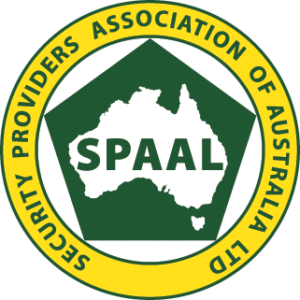On 10 September 2021, the Sex Discrimination and Fair Work (Respect at Work) Amendment Act 2021 (Respect at Work amendments) took effect.
The changes to the Fair Work Act aim to:
protect and empower workers to address sexual harassment in the workplace include miscarriage as a reason to access compassionate leave.
They include:
introducing stop sexual harassment orders
defining sexual harassment
clarifying that sexual harassment at work can be a valid reason for dismissal providing compassionate leave for miscarriage.
Sexual harassment in the workplace
Stop sexual harassment orders
From 11 November 2021, an eligible worker who believes they’ve been sexually harassed at work can apply to the Fair Work Commission for an order to stop the sexual harassment.
Visit the Fair Work Commission’s website for more information about eligibility and making applications.
What is sexual harassment?
The Respect at Work amendments introduce a definition of sexual harassment into the Fair Work Act. A person sexually harasses another person if they:
make an unwelcome sexual advance
make an unwelcome request for sexual favours
engage in other unwelcome conduct of a sexual nature.
To be sexual harassment, it has to be reasonable to expect that, in that situation, there is a possibility that the person being harassed would be offended, humiliated or intimidated by the behaviour. Examples might include unwelcome touching, staring or leering, or a suggestive comment or joke.
Serious misconduct and dismissal
The amendments confirm that sexual harassment at work is a form of serious misconduct and can be a valid reason for dismissal under the Fair Work Act.
Serious misconduct can result in dismissal without notice.
Miscarriage and compassionate leave
The Respect at Work amendments extend compassionate leave to include miscarriage.
Employees can take up to 2 days of paid compassionate leave (unpaid for casuals) if they or their current spouse or de facto partner has a miscarriage.
Employees are also entitled to compassionate leave if they experience a stillbirth or death of a child. Another employee may also be entitled to take compassionate leave if the infant was, or would have been, an immediate family or household member of the employee.
Getting help |
|
If you think you have been sexually harassed at work, you can make a complaint to the Australian Human Rights Commission or contact your relevant state or territory anti-discrimination body. A solicitor, advocate or union may also be able to make a complaint on your behalf.We do not investigate bullying or sexual harassment complaints. However, if you think your employer has taken adverse action against you because you reported sexual harassment at work, you can contact us or find out more on protections at work.You can also contact your state workplace health and safety body for help.
Contacting the police
If you feel unsafe now, phone 000.
If there is no immediate danger but you need police assistance, phone 131 444.
You can contact the police about any assault that involves criminal conduct.Some forms of sexual harassment are criminal conduct.If you have experienced sexual assault and feel you would like to make a complaint or report to the police, find your relevant state and territory police contacts.
Sexual assault support services
If you have experienced sexual assault or sexual harassment, you can contact 1800 RESPECT (Phone: 1800 737 732) for counselling, support and information, 24-hours a day, 7 days a week.
Mental health support services
Lifeline
Beyondblue
Mental health support.1300 224 636
Miscarriage and stillbirth support services
Sands
An independent organisation that provides support for newborn death, stillbirth and miscarriage.1300 308 307 https://www.sands.org.au
|

